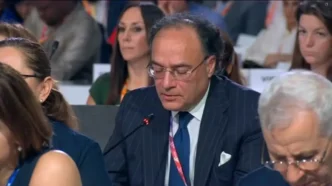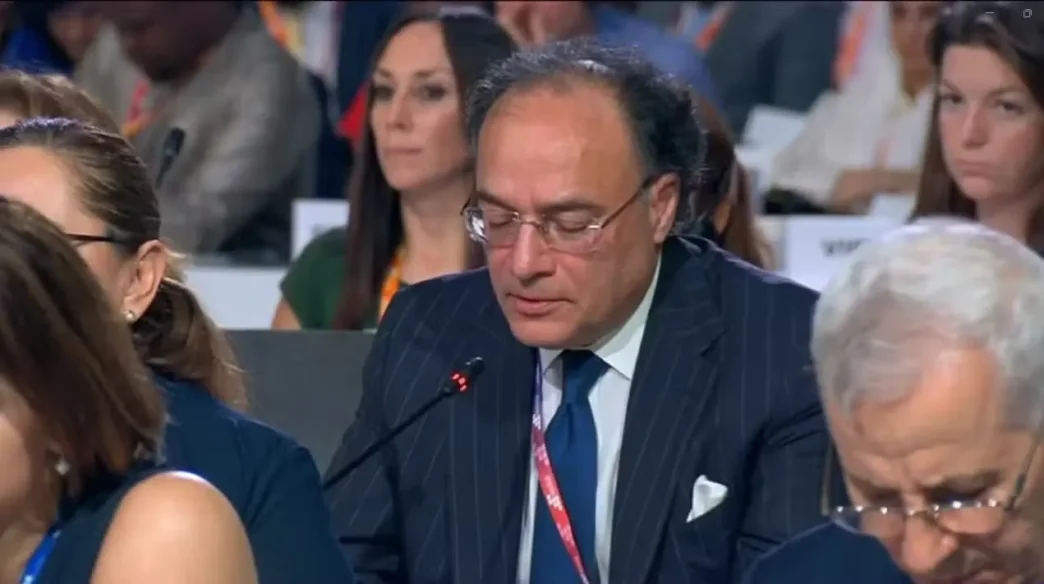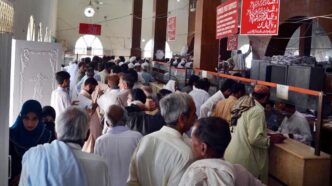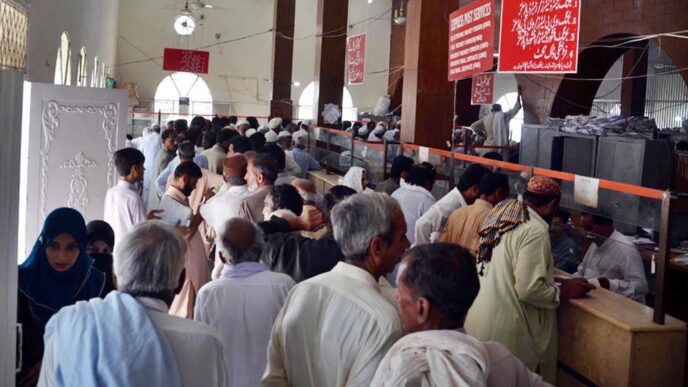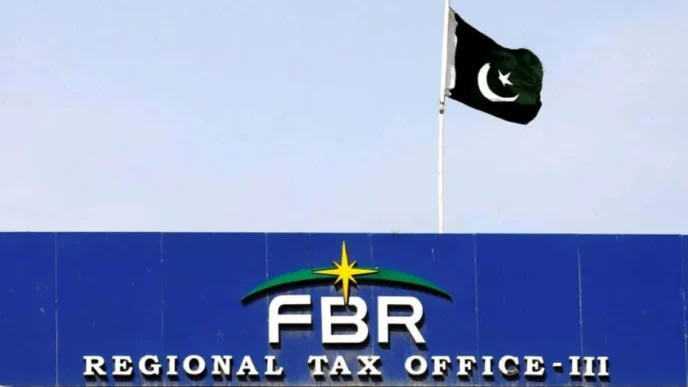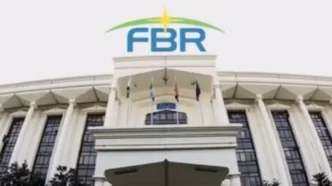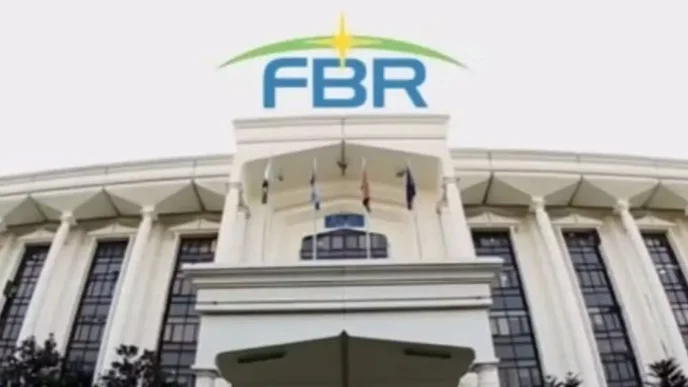Senator Muhammad Aurangzeb, Pakistan’s Federal Minister for Finance and Revenue, has urged the international community to renew its commitment to global development partnerships in order to realize the goals of the 2030 Agenda for Sustainable Development.
Speaking at a Multistakeholder Roundtable during the Fourth International Conference on Financing for Development (FfD4) in Sevilla, Spain, the Minister emphasized that revitalizing international cooperation is not just a goal—it is a critical necessity given the current state of global development.
Three-Pronged Strategy for Global Development Reform
In his address, Senator Aurangzeb presented a detailed three-part strategy aimed at ensuring the successful implementation of the Sevilla Outcome and promoting sustainable progress.
1. From Promises to Practical Action
The first step, he said, is to move quickly from pledges to actual delivery. This requires stronger national ownership of development efforts—where countries shape their own strategies rather than following donor-driven agendas. Aligning development plans with domestic priorities is vital to making them more effective and sustainable.
2. Reshaping Global Financial Systems
The Minister called for expanding access to concessional and blended financing, particularly for climate-focused and SDG-related investments. He pointed out the need to attract private sector capital in low- and middle-income countries with tight fiscal space.
He emphasized that global financial institutions—such as multilateral development banks and credit rating agencies—must evolve to recognize and support countries’ reform efforts, climate vulnerabilities, and long-term development goals.
3. Creating Global Support Mechanisms
To turn the Sevilla Commitments into reality, the Minister suggested building new international platforms that can de-risk investments and speed up development work. He recommended tools like guarantees, first-loss capital, and outcome-linked bonds to encourage private investment in public goals.
Aurangzeb also proposed the formation of multi-stakeholder partnerships involving governments, donors, private investors, and philanthropists, all working toward shared and measurable outcomes. A dedicated global task force or facility could be established to track progress, enforce accountability, and ensure timelines are met.
Shifting Focus Within Developing Countries
The Minister also called for a change in approach within developing nations—shifting away from models that focus only on inputs, and instead emphasizing results-based strategies that can be measured and evaluated. He encouraged integrating cross-cutting priorities such as climate resilience, gender equality, and digital inclusion into all development initiatives.
He highlighted the value of South-South and triangular cooperation, promoting locally driven solutions that reflect the realities and experiences of partner countries rather than relying solely on external templates.
A Call for Global Unity and Action
Senator Aurangzeb ended his speech by reaffirming Pakistan’s commitment to partnerships that deliver real impact. He urged the international community to move from words to meaningful action, stating:
“Let us resolve today to drive this transformation together.”

